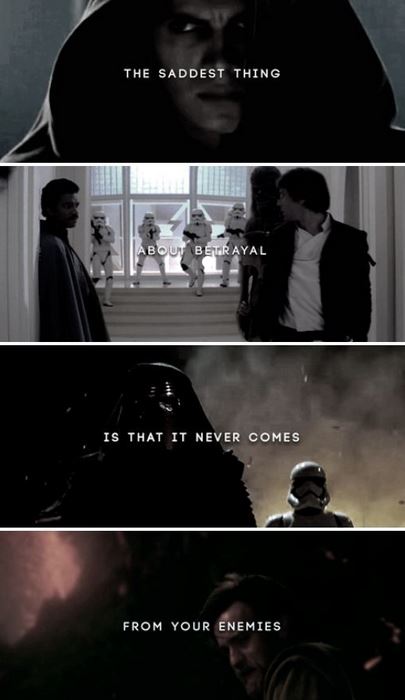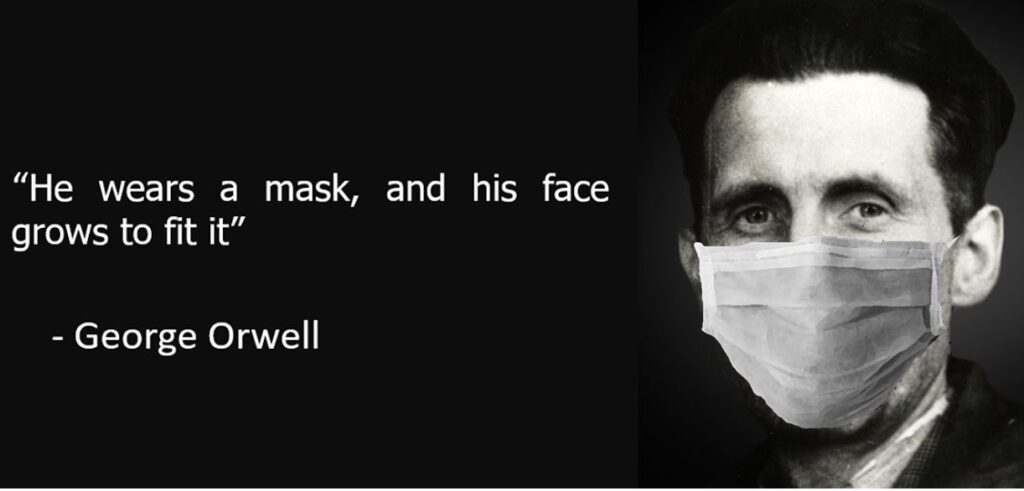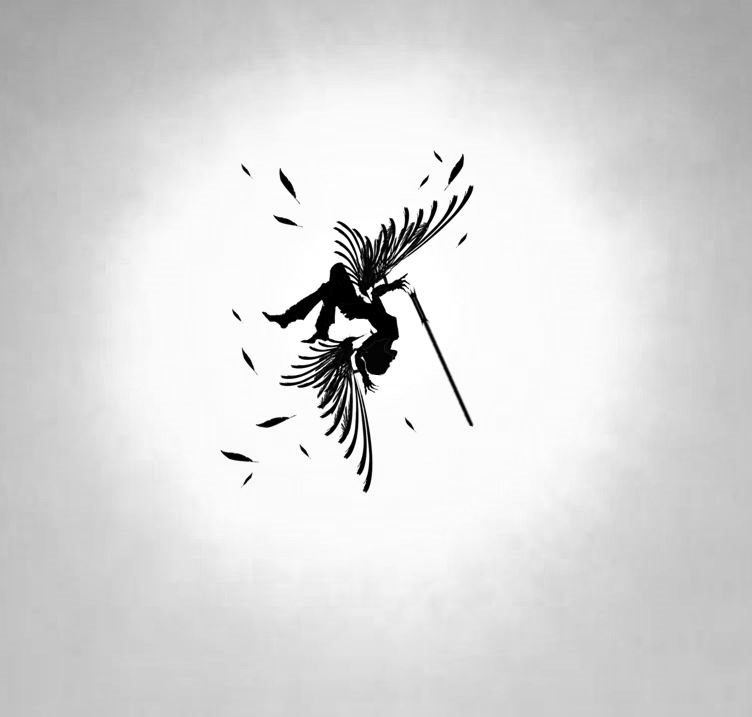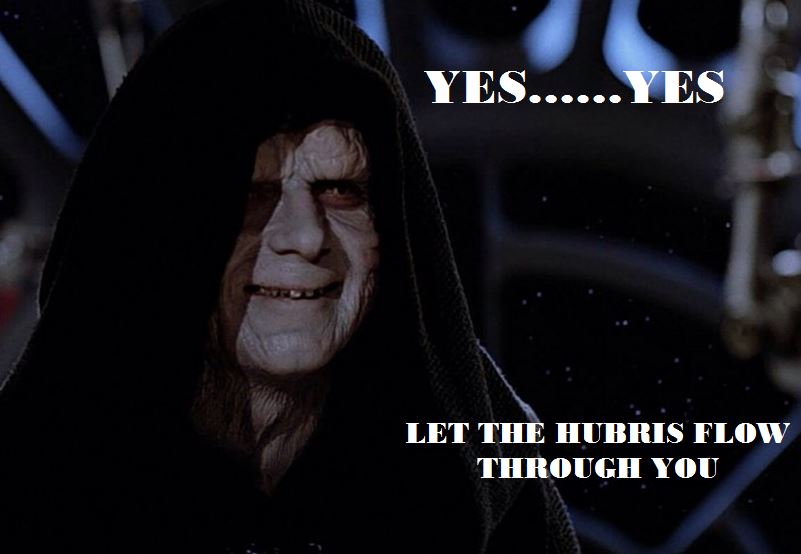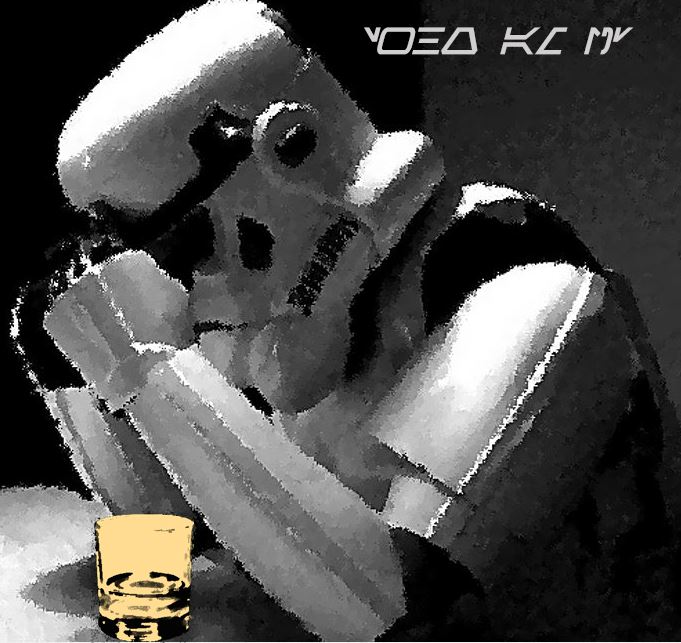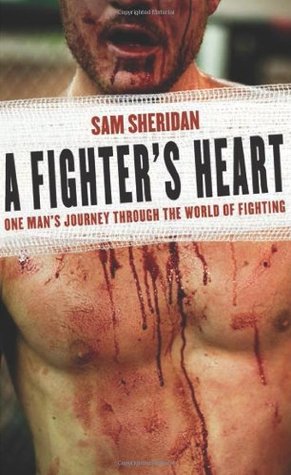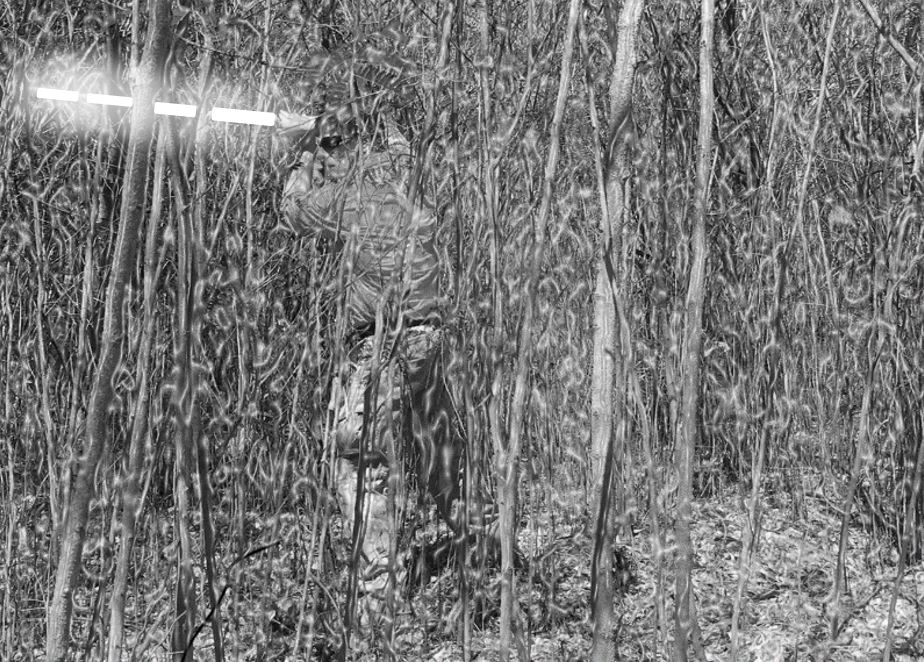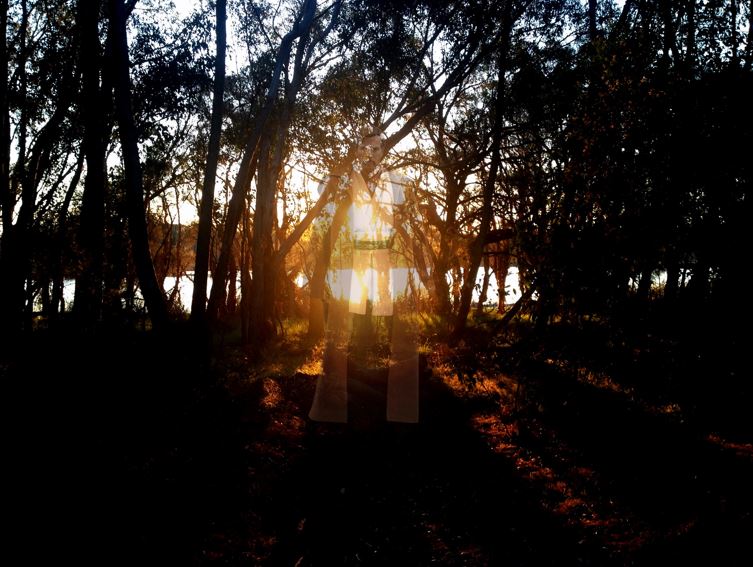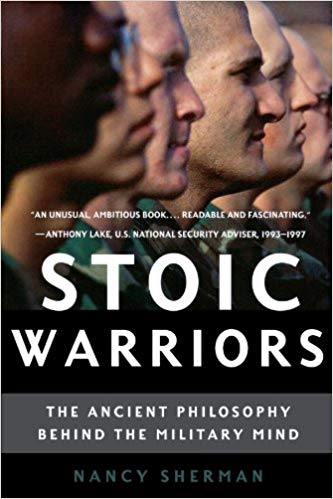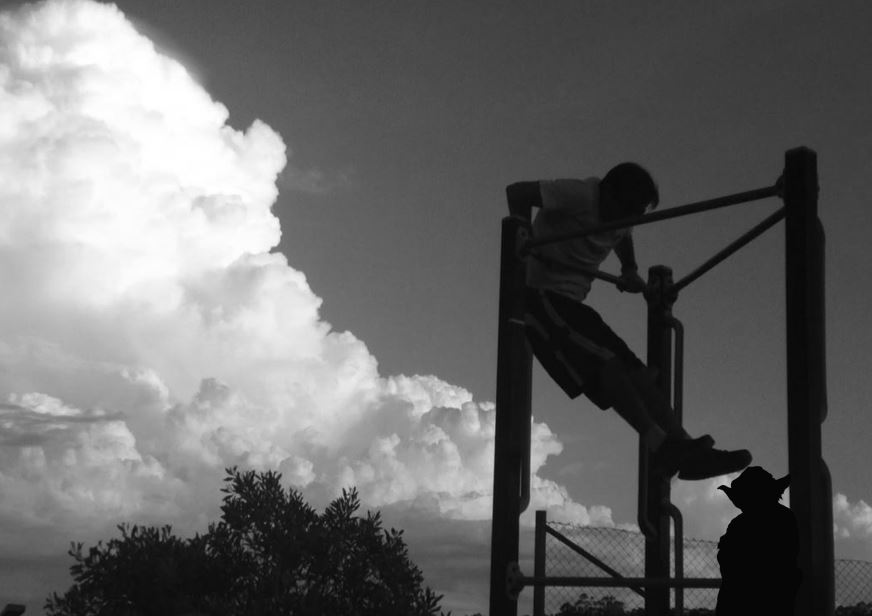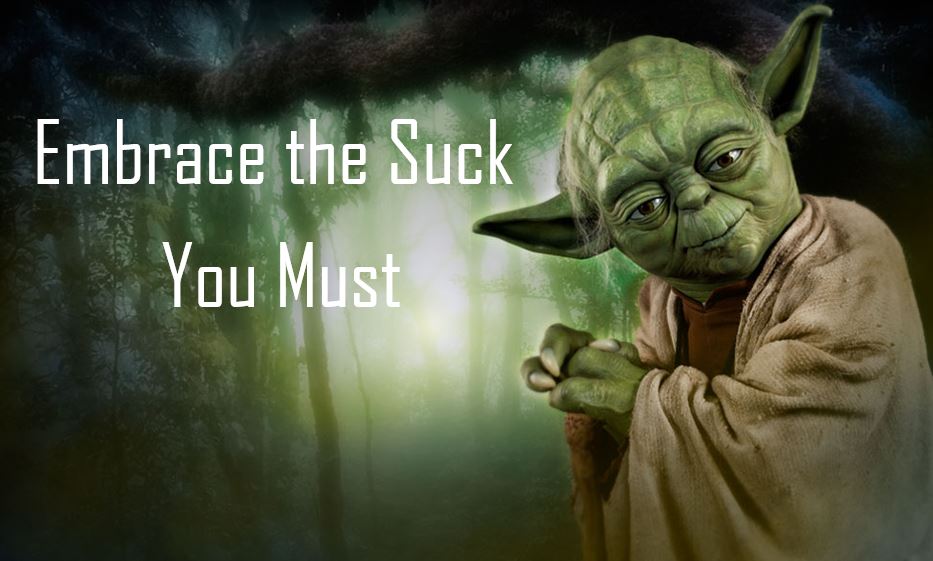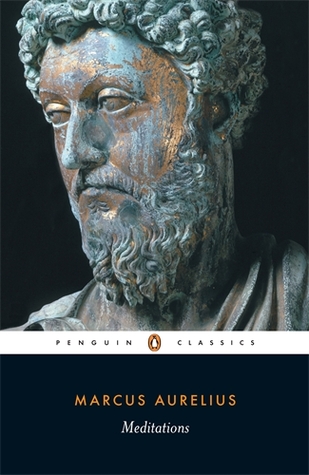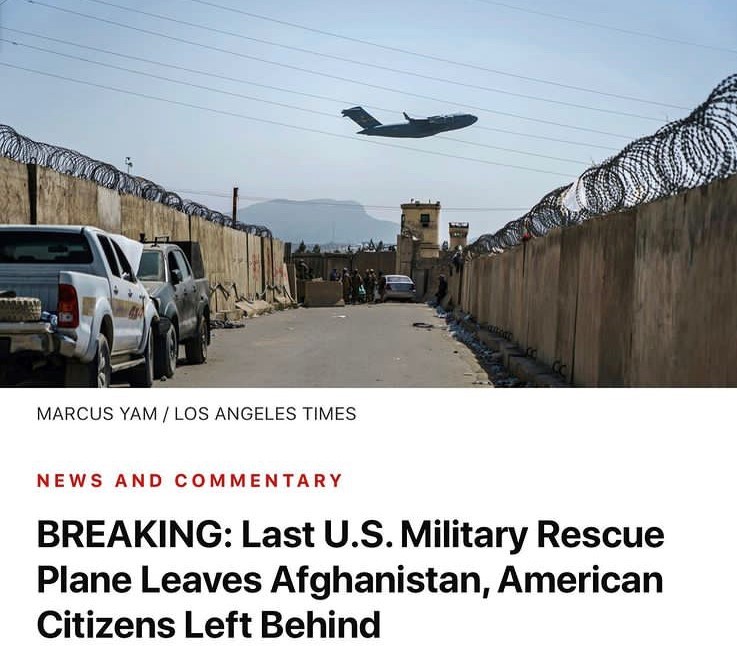
“I will not forsake all I have honoured and worked for and betray the Republic.” – Padmé Amidala
“War is intolerable. We have been deceived into thinking that we must be a part of it. I say the moment we committed to fighting, we already lost.” ― Duchess Satine Kryze
New Mandalore was a world of hope and prosperity. The planet had cast off the violent and extremist past of the Old Mandalorians and embraced change. The planet had become a centre of learning. Peace and reconciliation were at the centre of its neutral stance on interplanetary diplomacy. Tolerance, pacifism, neutrality, and democracy were its pillars. The Duchess Satine Kryze was a popular leader who sacrificed her life for her people and for peace. She was loved by her people but also by Obi-wan Kenobi, who came to regret choosing the Jedi Order over her.
The fall of Mandalore was a story of betrayal. For years, the Mandalorians had engaged in a civil war between the warriors of the extremist terrorist group, the Death Watch. The group wanted a return to the old warrior ways of the Mandalorians. Their leader of the group Pre Vizsla sought to overthrow the legitimate democratically elected government of New Mandalore through terrorism and targeted assassinations. They appealed to Count Dooku to drag Mandalore into the Clone Wars while at the same time planning to betray the separatists. Members of Satines’s government were corrupted through promises of power in the new regime as well as wealth.
The cost of maintaining neutrality came at a price for Mandalore during their civil war. The Republic would not support the Mandalorians. The Trade Federation manipulated and restricted trade with Mandalore favouring the Separatists while creating a black market and encouraging further corruption within the government lead by the Prime Minister Almec.
“Our combined strength will be rewarded. Mandalore will be yours, and Kenobi, this Sith pretender Dooku and all our enemies… will fall.” ― Maul, to Pre Vizsla
The entry of Darth Maul into the fray sealed the fate of Mandalore. Darth Maul knew his path to revenge against Ob-wan Kenobi lay in holding Satine as a hostage. Mandalore was the key. The former Sith gone rogue had taken his brother Savage Oppress as an apprentice and allied himself with the Death Watch combining his small army of mercenaries and criminal thugs into the Shadow Collective. Renewed terror attacks and false flags were launched on the capital city Sundari. The defence forces crumbled in the face of the attack. The Death Watch leader convinced the terrorised population to support him and in fear they did. Wresting control of the government Pre Vizsla arrested Satine and turned on his new ally, Darth Maul placing him in prison.
Further betrayal allowed Maul to form an alliance with the disgraced former Prime Minister in prison and escape. Once free he confronted Pre Vizsla and defeated him in Lightsaber combat. The victory placed Maul in charge of loyal members of the Death Watch. Darth Maul now at the position of power appointed Almec as a puppet to impose his decrees.
“Listen, Duchess. Do you hear the people? They cry out for change. Your weak-minded rule of Mandalore is at an end. The resurrection of our warrior past is about to begin!” ― Pre Vizsla to Satine Kryze
News of the fall of Mandalore reached Coruscant but the senate and the Jedi Council refused to intervene despite the desperate pleas of the Duchess. The senate was prevented by politics and the influence of Palpatine. Those on Mandalore who could resist fled into exile and formed a resistance. Mandalore awoke to a new ruler and a new way of life.
Obi-wan Kenobi ignored the Jedi Council and travelled to Mandalore in secret to rescue Satine. Maul had laid his trap and capturing Kenobi forced the Jedi Master to watch Satine be tortured and then murdered. Anguish and despair overcame Kenobi as she died in his arms professing her love for him. Through the efforts of the resistance, Kenobi was able to escape.
The betrayal did not end there. Darth Sidious furious at the meddling of Darth Maul in the affairs of Mandalore personally visited the planet to punish Maul for daring to challenge the rule of two. Sidious easily killed Maul’s apprentice and imprisoned Maul before forcing Almec to swear his allegiance. Even when the Republic returned to depose Maul who had returned, Order 66 proved the effort futile as the planet quickly fell to the Empire as the Jedi were purged.
The following years bought further war and tragedy to Mandalore as the world constantly changed hands. The Empire could not control it and found a final solution in the “Great Purge” which led to the mass genocide of the Mandalorian people and their expulsion from the planet.
“That planet is cursed. Anyone who goes there dies. Once the Empire knew they couldn’t control it, they made sure no one else could either.” – Din Djarin
The story of Mandalore sounds depressingly familiar to the recent history of Afghanistan. That country has suffered a continuous civil war which has all the conspiracy, intrigue, and tragedy of the Mandalorians. They call Afghanistan the “Graveyard of Empires” for a reason. The mountainous country is soaked in blood and tears.
As I watch on the news the last plane depart Hamid Karzai airport in Kabul I feel sad for the people abandoned to endure an unknown fate in Afghanistan. I remember the promises that were made to those that laid their hopes in peace and a fledgling democracy, the young women who dreamed of having choices previously denied them, artists and intellectuals that were free to express themselves, students who could openly mix and enjoy the freedoms we so take for granted in the west. I fear for the life and safety of the US citizens, green card holders and Afghans who worked with the US and her allies.
The New Afghanistan is gone now. The old Afghanistan of the Taliban is back. Al Qaeda and other terror groups have returned in strength. The people of Afghanistan were betrayed and abandoned by their allies in the west as much as the New Mandalorians were betrayed and abandoned by the Republic. Left to the mercy of people who are as despotic as the Sith. Worst of all is the citizens of the US left stranded in a hostile land as remote now as if it were a distant planet. The civil war will continue as the opposing factions turn on each other slowly drawing outside powers back in to the abyss of the endless war.
An act of betrayal not only harms the betrayed but also the betrayer. The act of abandonment hurts both. The moral injury that remains far outlasts the act itself. The consequences of betrayal and abandonment can last for decades if not for life. I have a personal experience with both. One parent died when I was seven and the other, an alcoholic, soon abandoned his responsibilities. I felt as if I had been betrayed by both and abandoned by God. Later I also, betrayed those close to me and abandoned those that deserve better. Some I have made amends with, and others died before I had the chance to. Most of all I betrayed myself and abandoned my own principles. I now make amends through my actions.
Remember those betrayed, abandoned and stranded in Afghanistan. Remember the dead and the wounded. Never forget those that sacrificed their lives for a greater good and those that still carry the wounds and scars be they physical, mental or spiritual. They too were betrayed and abandoned by their leaders. Never forget the victims of 9/11, an event that changed everything for us that remember, twenty years ago. Many brave souls answered the call then to answer the atrocity. Obi-wan Kenobi answered the call and returned to Mandalore when no one else would. Who will answer the call of the Afghan people now?
Recovery has taught me to never betray those that rely on you and to ever abandon responsibilities that you have taken upon yourself to see to the end, no matter how painful that end might be. This is the way.

